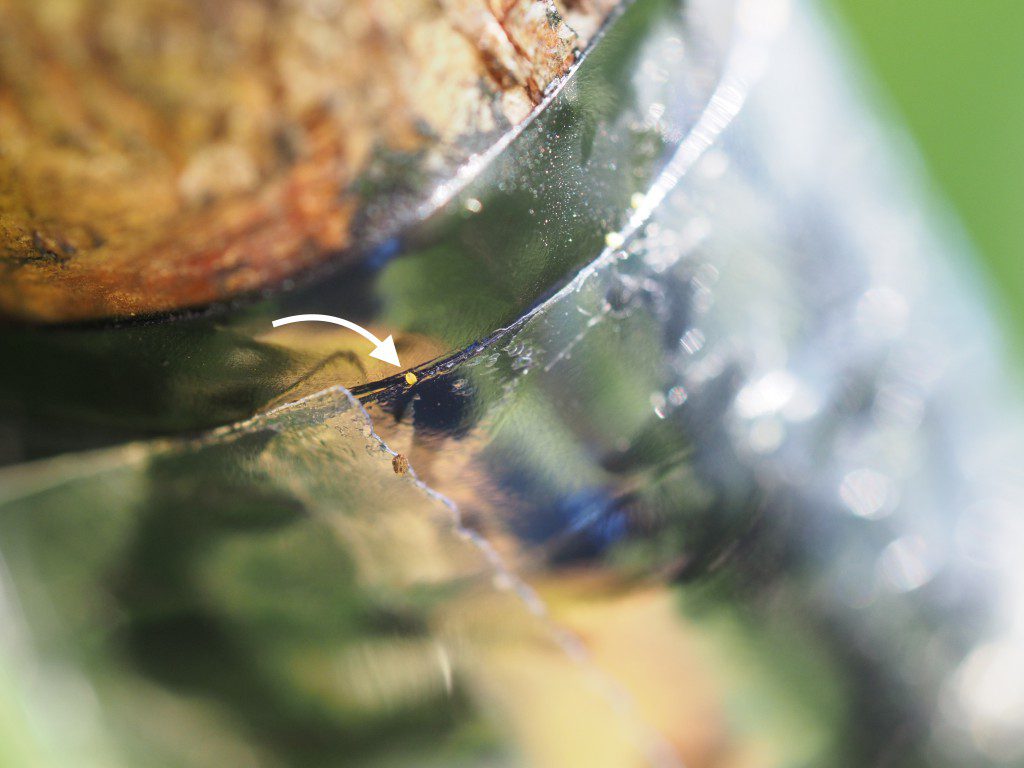By Clint Thompson

The first peak of San Jose scale activity is occurring now in Georgia peach orchards. Growers should be proactive in beginning their insecticide applications, says Brett Blaauw, assistant professor at the University of Georgia (UGA) College of Agricultural and Environmental Sciences

“We’re just at the beginning of the first real activity period,” Blaauw said. “Most of the growers are going to use dormant management using horticultural oil. That’s great for helping keep the populations under control. But in some peach orchards and blocks, they can have issues where populations of San Jose scale get out of control. In those orchards, the dormant applications of oil don’t always completely manage the scale to the point where it protects the trees and protect the fruit. For those blocks, you need to do an in-season application of an insecticide.
“The problem with the in-season one is you want to get the most bang for your buck, because a couple of the insecticides like Esteem and Centaur are insect growth regulators. They work really well when they target the San Jose scale crawlers in the immature stage. Once the crawlers settle down and secrete their waxy protective coating, they’re pretty much protected from the insecticides at that point. If we miss that opportunity to target those crawlers, we’re really not going to get much control of the scale.”
Producers can easily monitor for scale activity. They need to inspect limbs for live scales or wrap a branch with a strip of electrical tape. Focus particularly on trees in blocks with a known history of scale issues.
Growers should consider management insect grower regulators, such as Esteem or Centaur once activity begins to increase. Alternatively, when targeting the scale crawlers, Venerate XC or diatomaceous earth have both showed efficacy at suppressing scale.
San Jose scale is a tiny insect that has a waxy coating. It covers and protects the whole body of the insect. It protects them from the environment and from other insects that would eat them. They also reproduce at an extremely high rate. It does not take long for a minimal problem to balloon to a major concern for peach producers.
Blaauw provides additional management options and tips in the UGA Extension peach blog.
Growers can also check out the management guide for more detailed recommendations.
Source: UGA Extension peach blog










